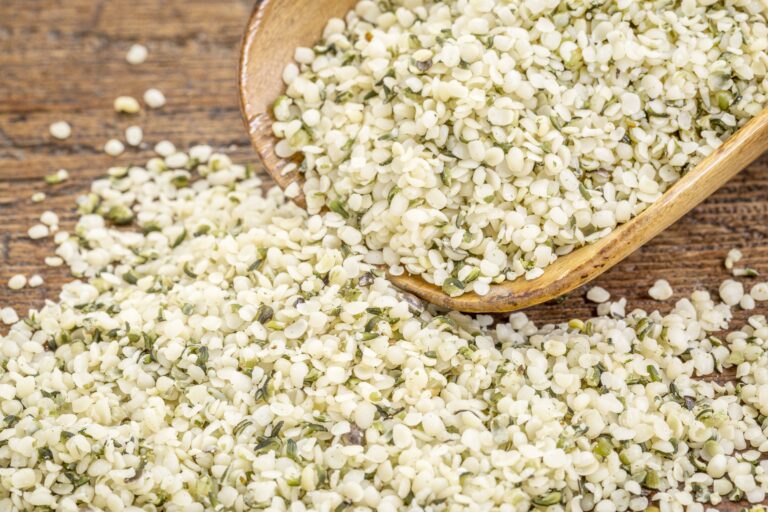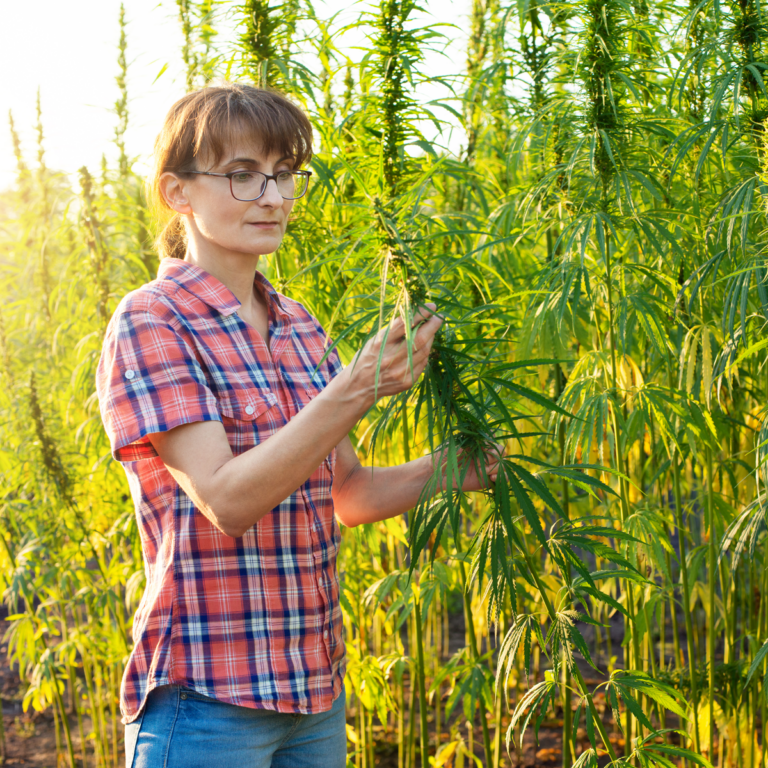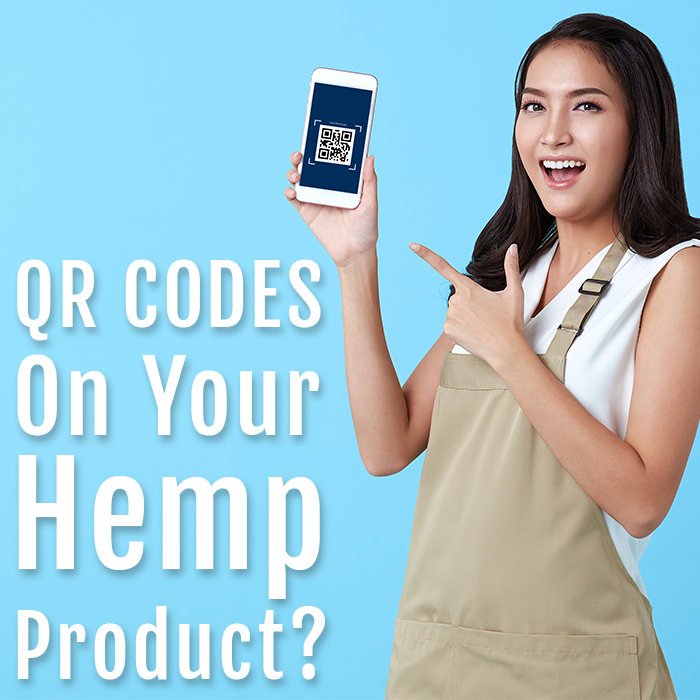What is the Difference Between State & Federal Hemp Regulations?
Since its legalization, hemp regulations tend to be confusing to many. The different programs with their own rules and regulations can make anyone’s head spin. For those in the industry, two sets of regulations must be followed, which can lead to headaches in some instances. The Federal regulations set forth by the US Food and Drug Administration outline one set of rules, but each state supplies its guidelines for growers within the territory as well.
With so many different rules and regulations, how do you know what to adhere to? Moreover, what is the difference between state and federal hemp regulations? These questions are some of the most asked by those new to the industry. While it may be confusing, there are distinct differences and tools to help industry professionals (or those just interested in the process and compliance).
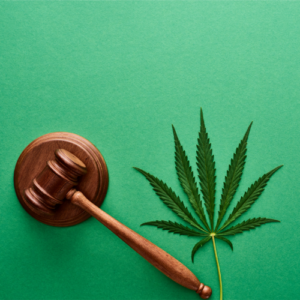

What are Federal Hemp Regulations?
Hemp was re-legalized on a federal level with the passing of the 2018 Farm Bill. This bill signed by former President Trump outlined the foundation for individual states to build upon. Included in the Farm Bill were:
- The .3% THC on a dry weight basis potency threshold
- A legal definition of hemp separates it from its more potent cousin, marijuana.
- Creating legal legitimacy for industrial hemp research
- Outlines basic parameters regarding the sale and distribution of hemp products
- Outlines basic boundaries for testing requirements.
While this bill legalized hemp in all fifty states, state laws and regulations surrounding hemp may differ. Some states still outlaw or heavily restrict hemp cultivation and products, while others created a robust niche in the agricultural community. But what exactly is the difference?
What are State Hemp Regulations?
Part of the federal guidelines dictates that each state with legal hemp needs to have a fully formed plan on how the state’s program will be governed. Each state with a hemp program has a governing set of laws and regulations that professionals in the industry must adhere to. This is the part that becomes complex. Think of state hemp regulations as fifty separate pieces of yarn. Some intersect and some do not, creating a complex web that can take some time to fully comprehend.
However, state hemp regulations are more detailed, outlining information such as the paperwork and fees needed for licensing, more detailed testing regulations, and how growers report their crop statistics. Since each state has different agricultural needs, state precedent allows the agricultural community to create a program that works for them.

The Key Dividing Points
Key dividing points within hemp programs can vary state by state. We see headlines about these topics daily. However, there are some key points that states differ on. These include (but are not limited to);
- The legality of minor cannabinoids like Delta THC, specifically Delta 8 THC.
- The type of hemp products, specifically hemp flower, that can be sold within the state
- Licensing requirements
- Where and how much hemp can be grown at a given time.
While each state may be different, their laws are designed with their agricultural industry in mind. This difference in legislation also allows states to see what works and what does not. Ultimately, what works for Texas may not work for Montana or Kansas.
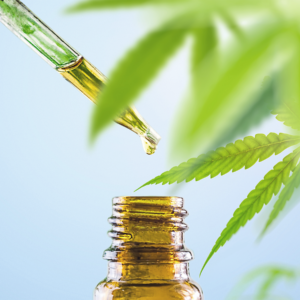
Where to Learn More
Want to learn more about your state’s hemp program and the regulations governing it? The best place to find out the details is to contact the department that oversees the hemp program for your state. The name of the department can vary from state to state, but all should be able to provide information such as;
- Packaging requirements for hemp products
- The legality surrounding specific minor cannabinoid products
- Questions regarding licensing
Despite compliance being a maze of paperwork and regulatory red tape, the hemp industry has a lot of potential. There is a vast quantity of tools available to learn about hemp and how to keep your hemp crop legal. New and experienced cultivators alike are encouraged to keep up-to-date with the latest in their state’s hemp industry, which in turn can better prepare them for success.
